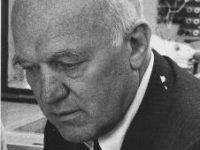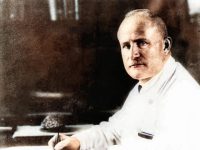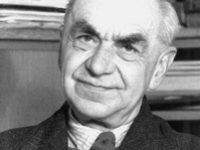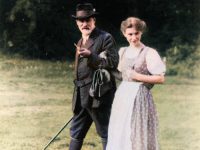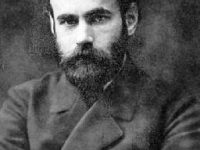Neal Miller and the Theory of Biofeedback
On August 3, 1909, American experimental psychologist and neuroscientist Neal Elgar Miller was born. Miller is best known for being the first to identify and promote biofeedback. He demonstrated experimentally that individuals may learn to control their heart rate and digestion in the same sense that walking is a learned activity. Youth and Education Neal E. Miller was born in Milwaukee, Wisconsin, and grew up in the Pacific Northwest, where his father,…
Read more

